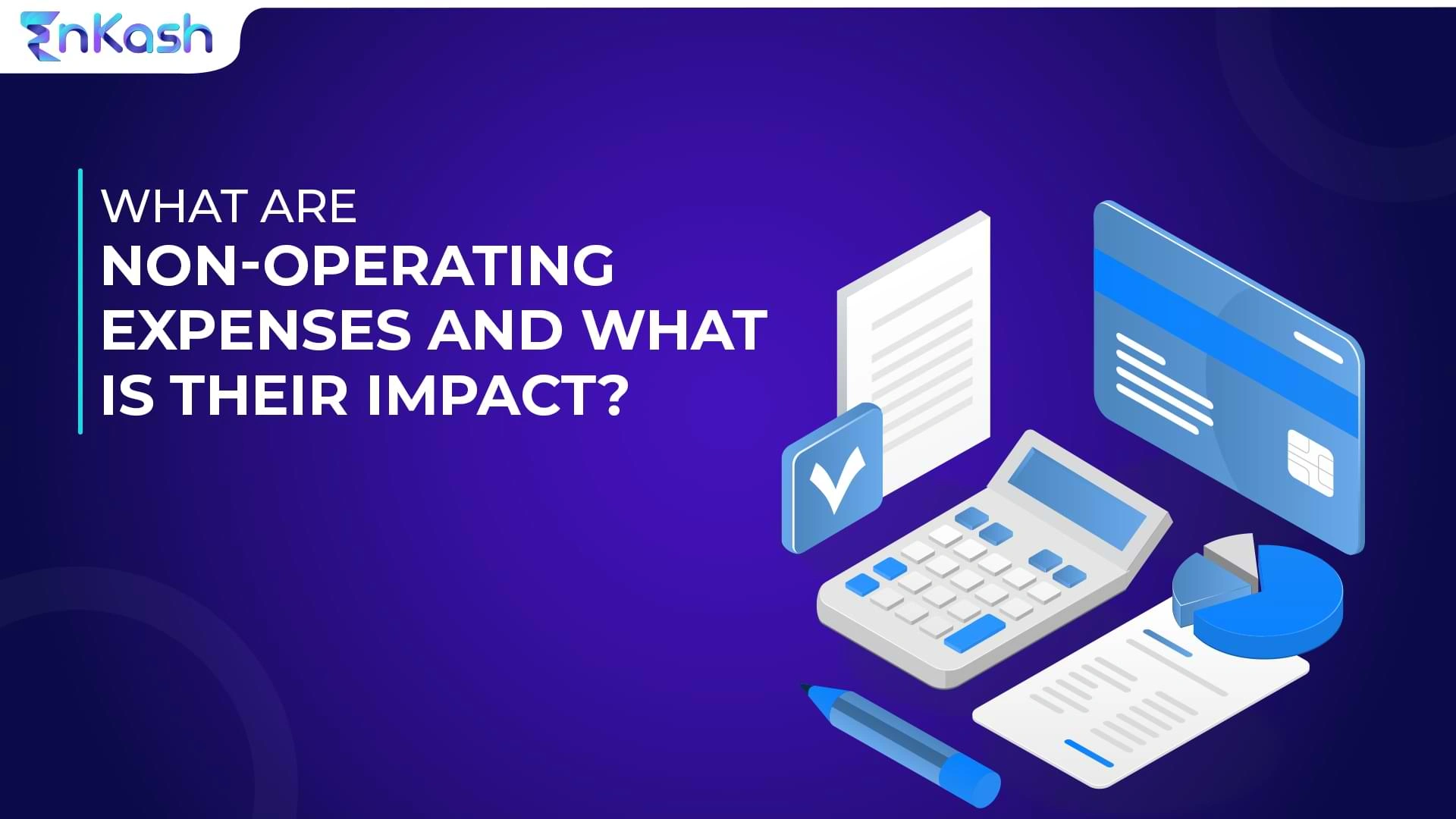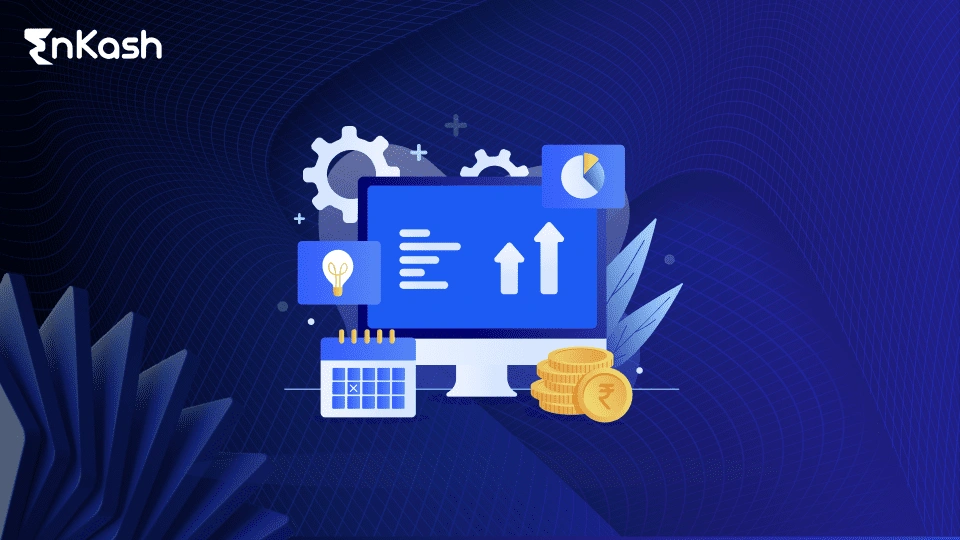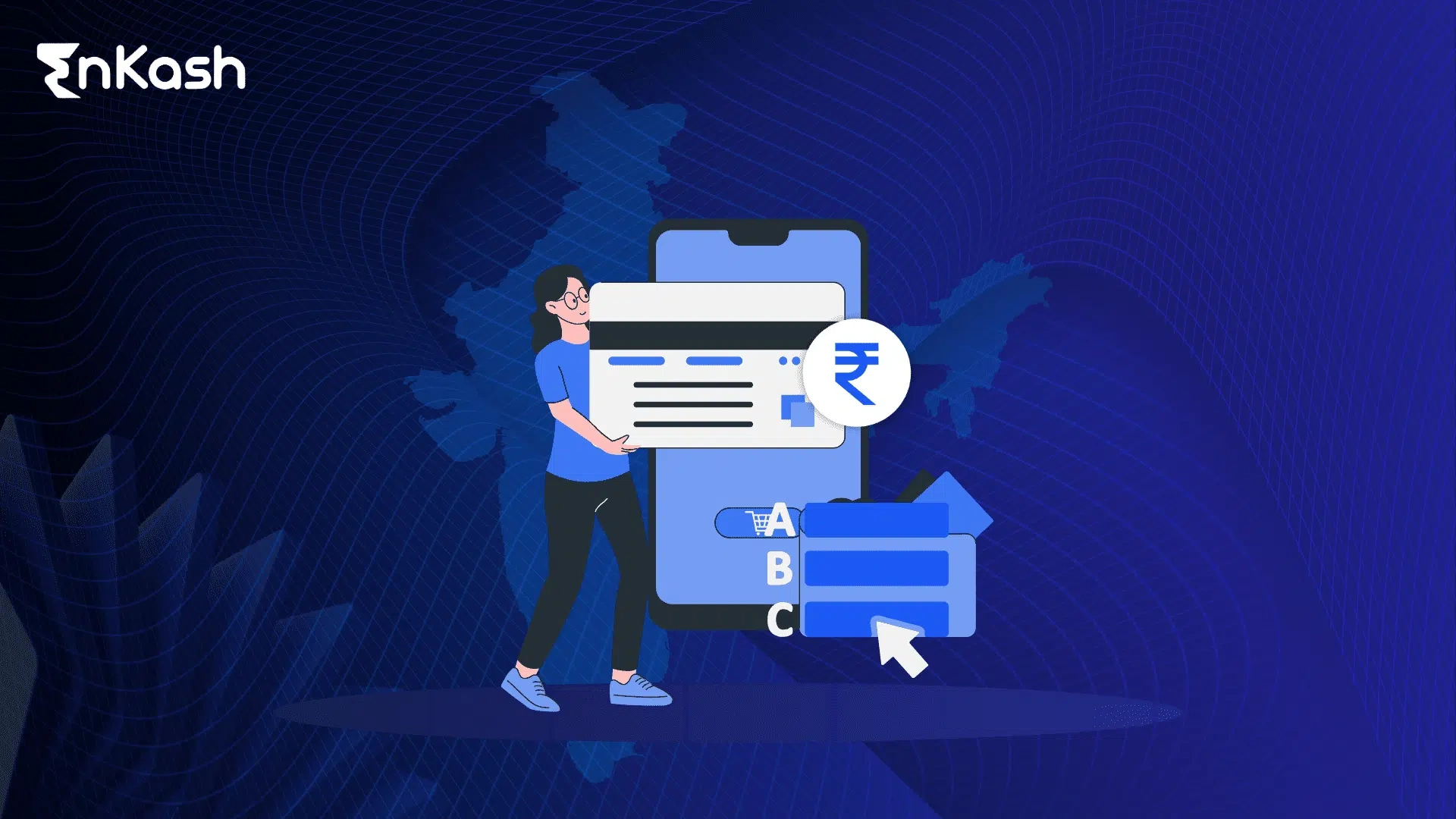Expenses are the one word that every finance team member is aware of and often views them as the enemy that needs to be controlled. And for startups, expense management is a huge aspect of not only profit margins but continued operations and even reputation management to a certain extent. However, as we know that not all expenses are the same.
In a typical business, you have operating expenses that have an effect on the operations of the company. These include direct expenses like raw materials and other supplies. Then there are the indirect expenses or overheads like rent, utilities, taxes, subscription costs, etc. In this article, we will not be looking at any of these expense categories but we will look at non-operating expenses. While these are not regular payments that mostly may not occur all the time, it has an effect on the cash flow among other aspects.
How do non-operating expenses affect your business?
Cost of finance: In other words, the interest you pay on the finance you arrange comes under the category of non-operating expenses. However, this is one of those payments that need to be paid on a regular basis until the loan has been completely paid off and will need to be considered for cash flow planning.
Expenses related to restructuring: In many companies, restructuring the teams and the way they operate is the norm and in others, it happens due to the circumstances. These expenses could include changes in salaries, incentives, and severance pay if any.
Settlement of lawsuits: While legal fees that you pay to your legal counsel comes under operating expenses, one-time settlements for lawsuits do not. These are considered non-operating expenses and will be classified as such.
Difference in currencies: When a business deals with multiple currencies across the globe, this can happen. Usually, the pricing of the project is based on the currency value at the time of planning with a bit of factoring for fluctuations. However, when there are major fluctuations, these can be considered non-operating expenses.
Force Majeure losses: Losses that occur due to disasters or causes beyond control are often compensated through insurance. However, the company may have losses on some assets that are not insured and these will come under the non-operating expense category.
Inventory write-off: Companies spend a lot of effort and time on planning their inventory levels. However, there can be circumstances where the stocks are sold for lesser prices or wasted in some manner. Once again, the expenses incurred due to this will be considered non-operating costs.
Account method changes: Companies are known to change their method of accounting due to many factors. When this happens, there could be extra costs involved, which will not be part of operating expenses as they are a one-off and not related to the core business.
From a purely financial perspective, it is important to recognize which expenses fall under the category of non-operating expenses and add them to the right place on your financial statement. There are many reasons to do these and some are given below.
Financial clarity: When a financial institution looks at your financial statements, they look at revenue and expenses to determine the loan amount and terms of the loan. Clear entry of non-operating expenses showcases the ability of your business to meet loan repayments.
Stakeholder transparency: As a business, you have many stakeholders who rely on the financial data you provide to make informed decisions. With the clear marking of operating and non-operating expenses, you can provide them with the clarity they require.
Cash flow planning: At the core of any financial planning is the determination of how much funds the business is going to need for a particular time period. With clear demarcation and categorization of expenses, you can plan your cash flow with ease.
At EnKash, we believe that good financial planning starts with excellent spend management and as Asia’s 1st and smartest spend management platform, we enable our customers to manage their finances well.














